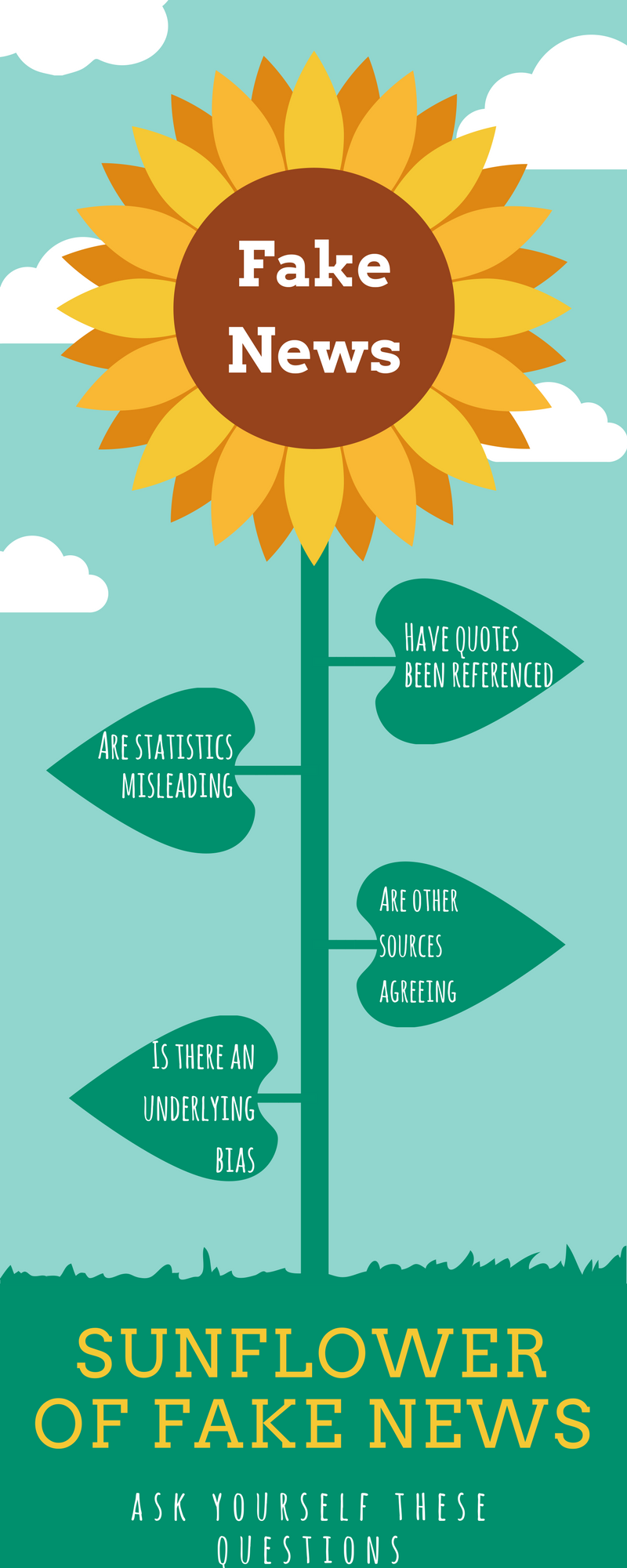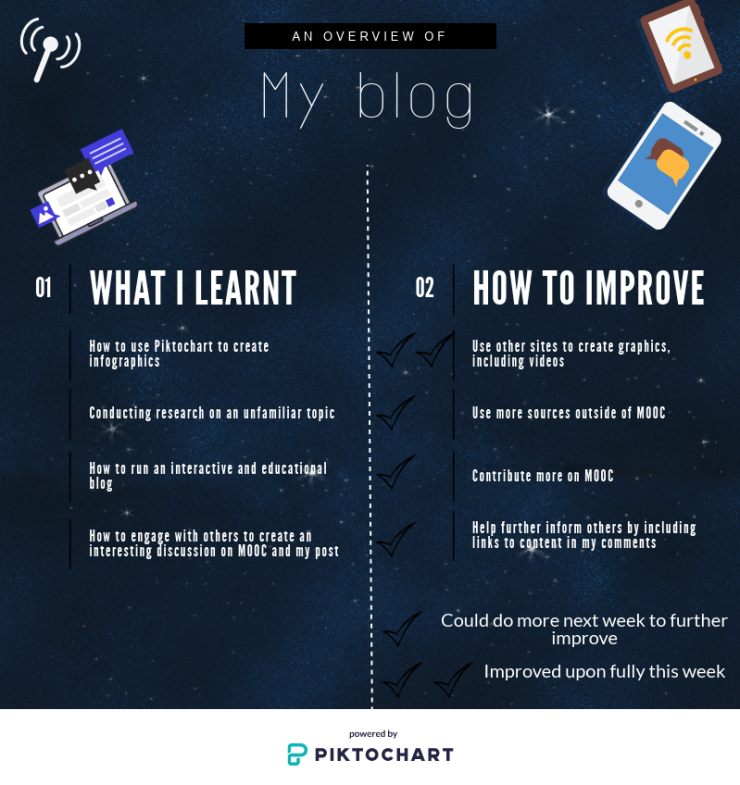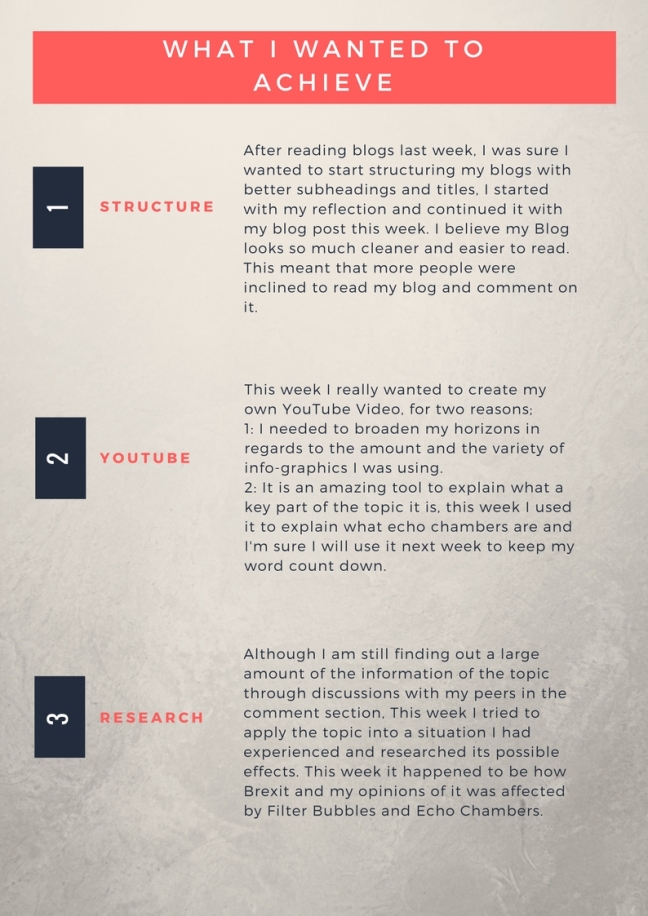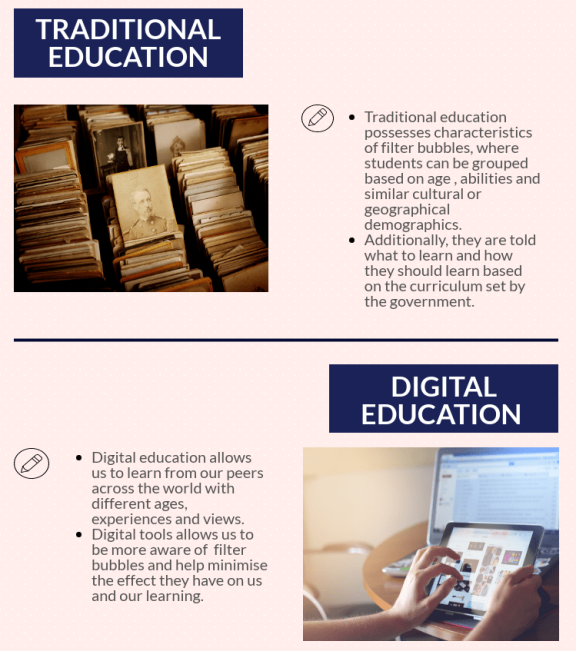
Reflecting on Fake News
Reflecting on the topic
This week’s blog post centred around us discussing and weighing up how to spot and be able to see past fake news online. From reviewing other individual’s blogs, such as Nikhita’s, it was rather interesting to see an overwhelming view from almost everyone that fake news, poor journalism, and pushed propaganda was a real issue and should be pushed to the forefront of education.
Continue reading →









